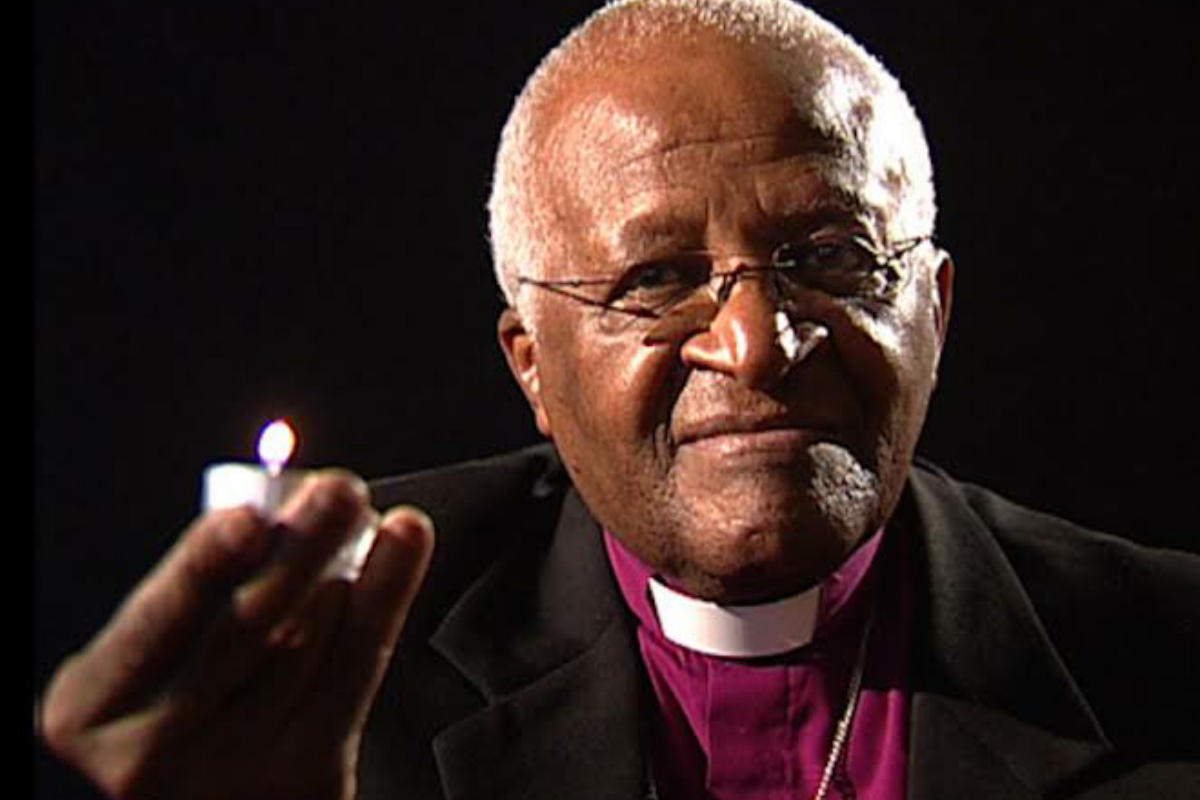On March 13, 2013, the world witnessed a historic moment when Jorge Mario Bergoglio was elected the 266th Pope of the Catholic Church and took the name Francis. When he first appeared on the balcony of St. Peter’s Basilica, it was not pomp but simplicity. He wore a simple white robe and hung a silver cross around his neck—a symbol more powerful than a thousand words: he came not to rule, but to serve.
The name “Francis” was chosen in honor of Saint Francis of Assisi, the pacifist and protector of the poor and creation. In his first press conference on March 16, 2013, the Pope explained that the name was inspired by a friend, Cardinal Claudio Hummes, who said, “Do not forget the poor.” He held on to those words, and he carried them into his papal mission: a church that stands with the poor and marginalized.
That call was in keeping with his chosen path in life. His instruction as Pope was his refusal to live in the Apostolic Palace or the equivalent of a presidential palace in other countries. Instead, he lived in the papal apartment complex at Casa Santa Marta. Luxury cars were replaced by simple vehicles, even calling bulletproof cars “sardine cans.” No distance, no walls—just service.
His first apostolic visit was not to the center of power, but to the small island of Lampedusa in southern Italy. There were thousands of immigrants from Africa stranded after making the journey across the Mediterranean. While European countries were busy closing their doors and tightening their borders, Pope Francis opened his heart, and greeted them as brothers. His visit to Lampedusa was not just a symbol, but a moral call that resonated far beyond national borders, even influencing immigration policies in several European countries.
On many occasions, Pope Francis has shown fidelity to the example of Jesus who washed the feet of his disciples. He washed and kissed the feet of immigrants and prisoners, regardless of religion, nation, or background. On Holy Thursday 2016, he washed the feet of refugees from Mali, Nigeria, Eritrea, Syria, Pakistan, and India, including three Muslim men. This act reaffirmed that humility is not just a ritual, but a living testimony.
The luxurious gifts given to him, such as a Harley-Davidson motorcycle or a sports car, were sold and the proceeds were donated to charity. He did not even take an allowance or ‘salary’, a practice he had been doing long before he became Pope. Every gift was transformed into hope for those most in need.
We certainly still remember his visit to Indonesia. Pope Francis reaffirmed his simplicity. He rejected luxury vehicles and chose a simpler car, showing that the value of a leader is not measured by luxury, but by how close he is to his people.
When his final moments came, he chose a simple coffin as his final resting place. No gold, no elaborate carvings—just wood.

























